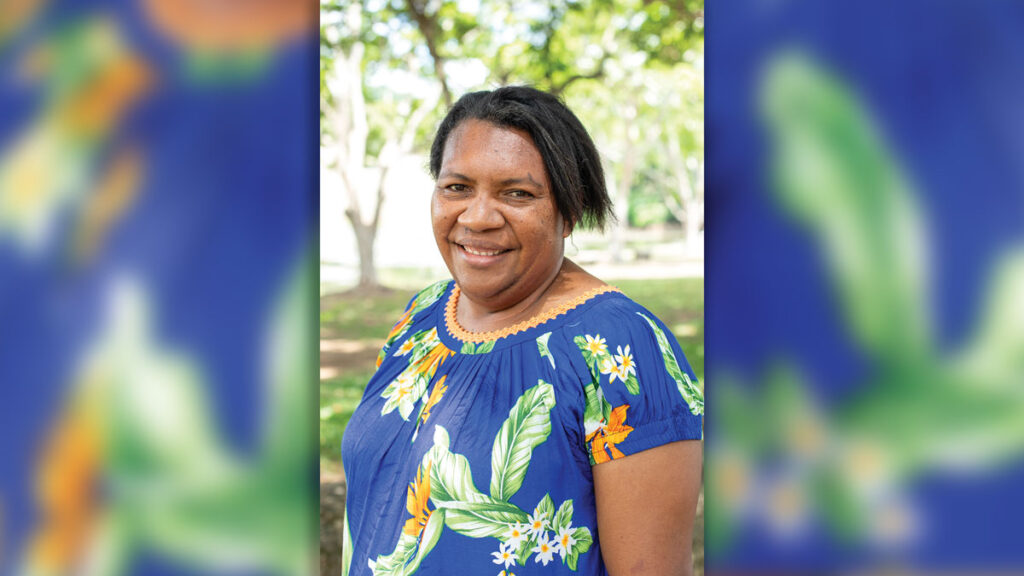Adventist education. For some it brings wonderful memories of great teachers, enduring friendships and rich learning experiences. For others, it conjures up memories of ineffective teachers, a repressive learning environment and possibly even a sense of indoctrination. What makes the difference?
I think back to leaving home in Papua New Guinea at 13 with my twin brother. That first year at boarding school was challenging. Learning how to live in a different culture and being the smallest kid in the whole dorm, at the bottom of the pecking order, was not pleasant. Home-sickness and the cold were harsh realities. After I scored remarkably different test results from Test 1 to 2, a science teacher took time to quietly chat with me. He found out that to try and get some friends, I’d decided it was best not to do well in my studies. He encouraged me to have a long-term view. He spoke to me at lunch time—his own time, but it was important to him—and incredibly important to me. Thank you David Ward for showing that individual attention.
Then there was the cook. He always smiled regardless of the harsh comments from students and was always positive and consistent. In Year 10 when I was tasked with doing the toast early for breakfast, I would go and get the key from his single room flat which was hanging just inside his door. He was often asleep on his knees beside his bed. What an example! That taught me much more than he realised about where his positive attitude came from. Thank you Pastor Kevin Geelan.
I think back to the two courses I completed in my six years at Avondale College—Theology and Teaching—some incredibly positive people impacted my life: Arthur Ferch, Des Ford, Don Hanson and Allan Lindsay to name a few. The rich friendships developed that span this country and beyond; meeting my wife at Avondale. The list goes on and so many of us have a similar list.
Yet, not everybody looks back with happy memories. For some people school is something to be endured until they can get out to do what they have always wanted to do—and they usually do it very well. Is Adventist education perfect? No, it is not. But I am passionate about it because of our key purpose: to reveal Jesus.
I think of a PhD classmate of mine at Andrews University. He was the principal of several Adventist schools, an education director, later the president of the West Indies Union and now the Governor-General of Jamaica —Sir Patrick Allan. Adventist education has stood them in good stead, along with many, many others.
Research has shown that Adventist Education does make a difference in the retention of church affiliation for our young people. Roger Dudley did a 10-year longitudinal study in the North American Division. Some 1500 respondents started the study with 51 per cent of those in Adventist schools. By the end of the study, 800 of the original young people completed the annual survey. 67 per cent of those educated in Adventist schools were still Adventists. This was in contrast to just 19 per cent of those educated in non-Adventist schools.
Value Genesis reiterated the value of the home, school and church working together. Interestingly when just the home and the school work together, there is a 38 per cent probability the young person will remain an Adventist. When the home, school and church work together, this rises to 76 per cent—almost double. Solomon wisely noted in Ecclesiastes 4:12, “a three stranded cord is not easily broken”.
Adventist education is an investment. It’s not guaranteed. But that’s how God made us–with the freedom of choice and the opportunity to exercise that choice. Adventist education is 150 years old this year. I’d encourage you to support Adventist education with your families, your comments and your prayers.






